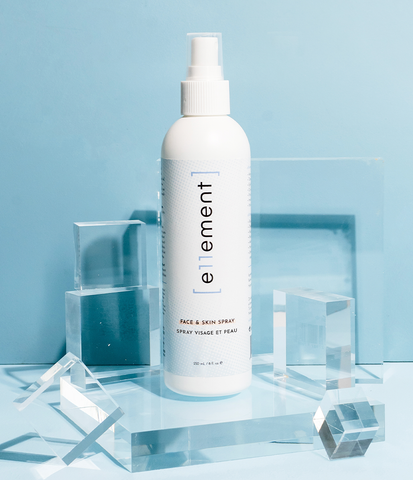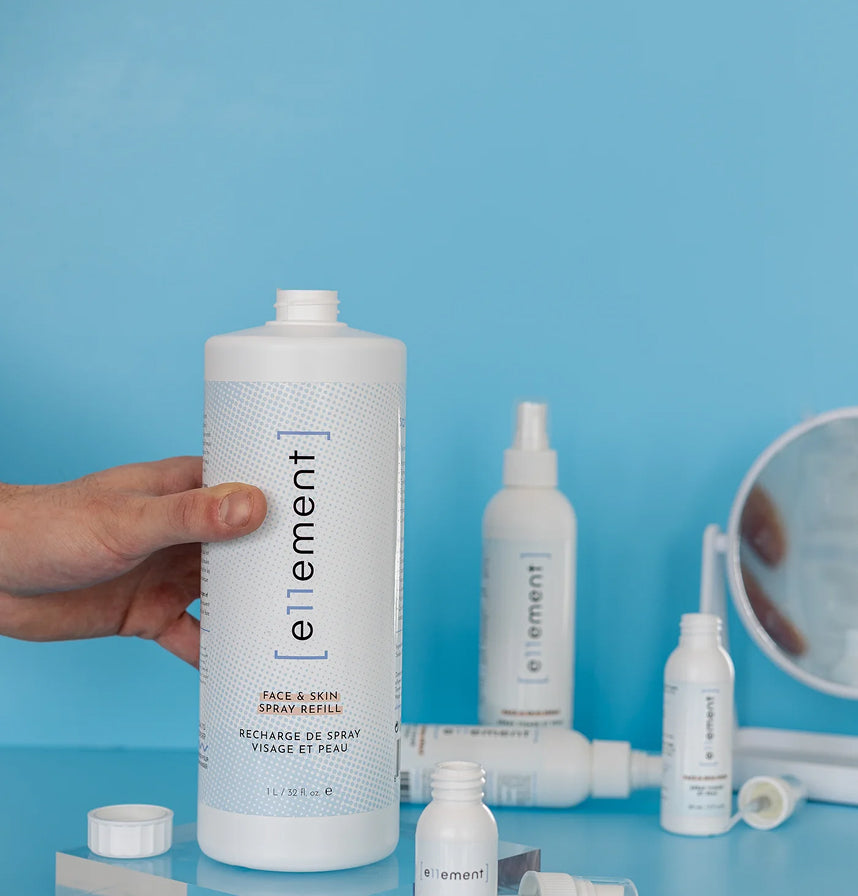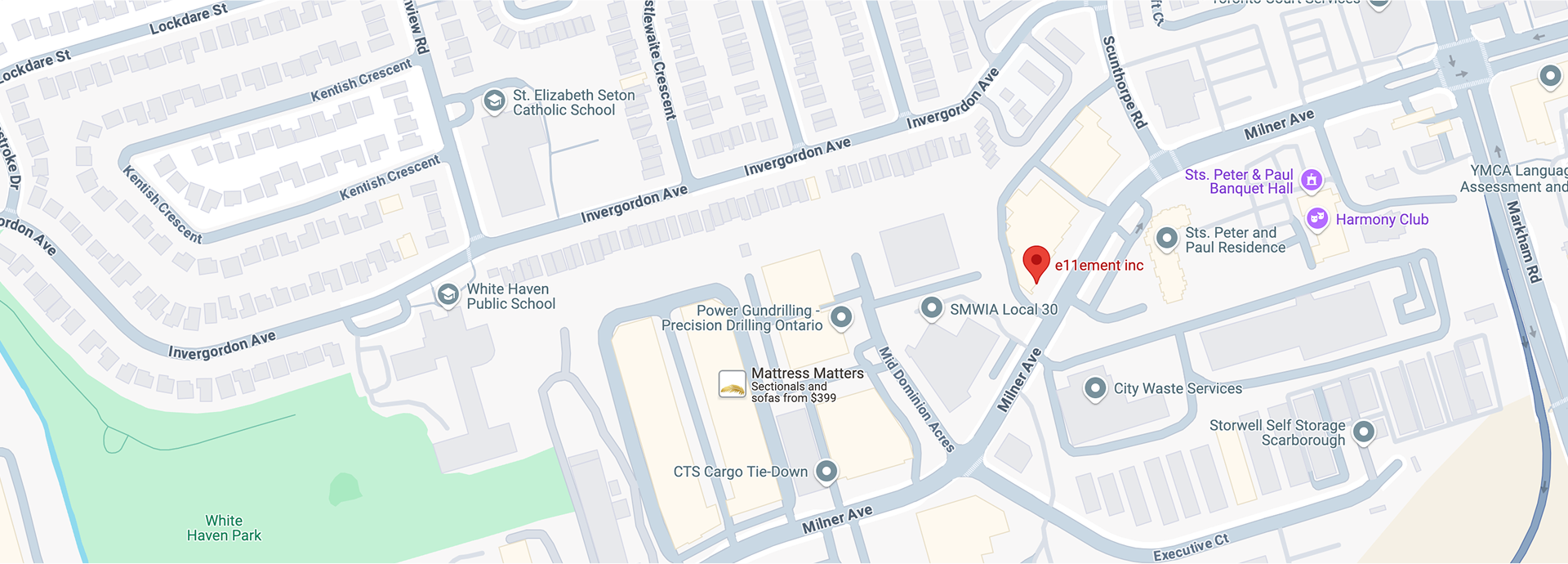Hypochlorous acid has gained significant attention for its versatility and effectiveness in various applications, from skincare to wound care. However, one common question arises: can hypochlorous acid burn skin? In this article, we’ll explore the properties of hypochlorous acid, its uses, and any potential risks associated with its application.
What Is Hypochlorous Acid?
Hypochlorous acid (HOCl) is a naturally occurring substance produced by white blood cells in the human body. It plays a crucial role in the immune system, helping to fight infections and promote healing. In its synthetic form, hypochlorous acid is used in various products, including:
- Disinfectants
- Wound care solutions
- Skincare products
- Hypochlorous acid sprays for personal and environmental hygiene
HOCl is highly valued for its antimicrobial properties, being effective against bacteria, viruses, and fungi. Despite its powerful action, it is generally considered safe for use on skin, wounds, and even sensitive areas like the eyes.

How Does Hypochlorous Acid Work?
Hypochlorous acid works by disrupting the membranes of harmful microorganisms, effectively neutralizing them. This mechanism makes it an excellent choice for disinfection and skincare. Unlike harsh chemicals, HOCl is non-toxic, non-irritating, and biodegradable.
When applied to the skin, hypochlorous acid helps:
- Reduce inflammation
- Promote wound healing
- Soothe irritation
- Clean and disinfect without causing damage to healthy tissues
Can Hypochlorous Acid Burn Skin?
Under normal circumstances, hypochlorous acid does not burn the skin. It is pH-balanced and formulated to mimic the body’s natural HOCl. When used as directed, it is gentle and safe for all skin types, including sensitive skin.
However, some factors could lead to adverse reactions:
- Concentration: High concentrations of HOCl can cause irritation or a burning sensation. Always use products specifically formulated for skin application.
- Prolonged Exposure: Extended contact with improperly diluted HOCl solutions might lead to dryness or irritation.
- Allergies: Though rare, some individuals may have an allergic reaction to hypochlorous acid products.
Signs of Adverse Reactions
If hypochlorous acid causes discomfort, it may present as:
- Redness or irritation
- A mild burning sensation
- Dryness or flaking of the skin
In such cases, discontinue use and consult a healthcare professional if symptoms persist.
Benefits of Hypochlorous Acid Spray
Hypochlorous acid spray is a popular product for its convenience and effectiveness. Here are some key benefits:
- Gentle Yet Effective
HOCl sprays are gentle on the skin while being potent against harmful microorganisms. This makes them suitable for:
- Disinfecting minor cuts and wounds
- Managing acne-prone skin
- Reducing irritation from conditions like eczema or rosacea
- Versatile Applications
Hypochlorous acid spray can be used in multiple ways, including:
- Sanitizing hands and surfaces
- Refreshing and soothing the skin after sun exposure
- Calming razor burns or insect bites
- Safe for All Ages
Unlike many chemical disinfectants, hypochlorous acid spray is safe for use on babies, adults, and even pets. It does not contain harsh additives, making it ideal for sensitive skin.
How to Use Hypochlorous Acid Spray Safely
To maximize the benefits of hypochlorous acid spray while minimizing any risk, follow these guidelines:
- Choose the Right Product
Select a hypochlorous acid spray designed for skin application. Look for reputable brands with appropriate pH levels and concentrations.
- Follow Directions
Always read the label and adhere to the recommended usage instructions. Avoid overuse or prolonged exposure to undiluted solutions.
- Test Before Use
Conduct a patch test before applying HOCl spray extensively. Apply a small amount to an inconspicuous area and wait 24 hours to check for any adverse reactions.
- Store Properly
Store hypochlorous acid spray in a cool, dark place to maintain its efficacy. Exposure to heat or light can degrade the product over time.
When to Avoid Hypochlorous Acid Products
Although generally safe, there are situations where caution is warranted:
- Existing Skin Conditions: Consult a dermatologist before using HOCl sprays if you have chronic skin conditions like psoriasis or severe eczema.
- Open Wounds: While hypochlorous acid can disinfect, avoid using it on deep or serious wounds without medical advice.
- Allergic Reactions: If you experience persistent irritation or an allergic response, discontinue use and seek professional guidance.
Conclusion
Hypochlorous acid is a remarkable compound with a wide range of applications in skincare and hygiene. When used as directed, it is unlikely to burn or harm the skin. Instead, it offers numerous benefits, from soothing irritation to combating infections.
However, as with any product, proper use and precautions are essential to avoid potential adverse reactions. By choosing high-quality hypochlorous acid sprays and following usage instructions, you can safely incorporate this versatile solution into your daily routine.























